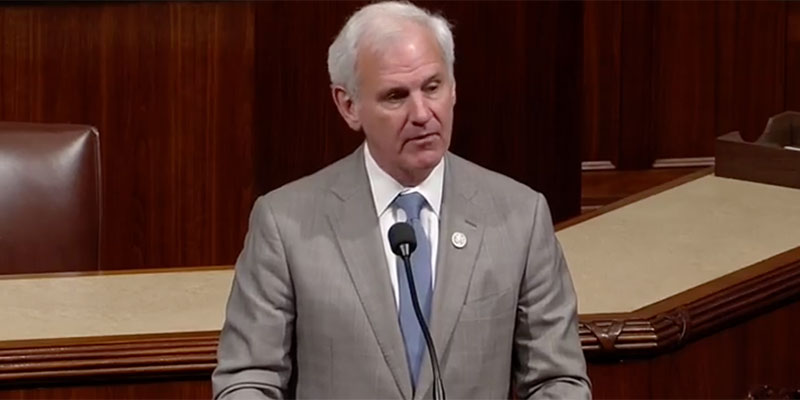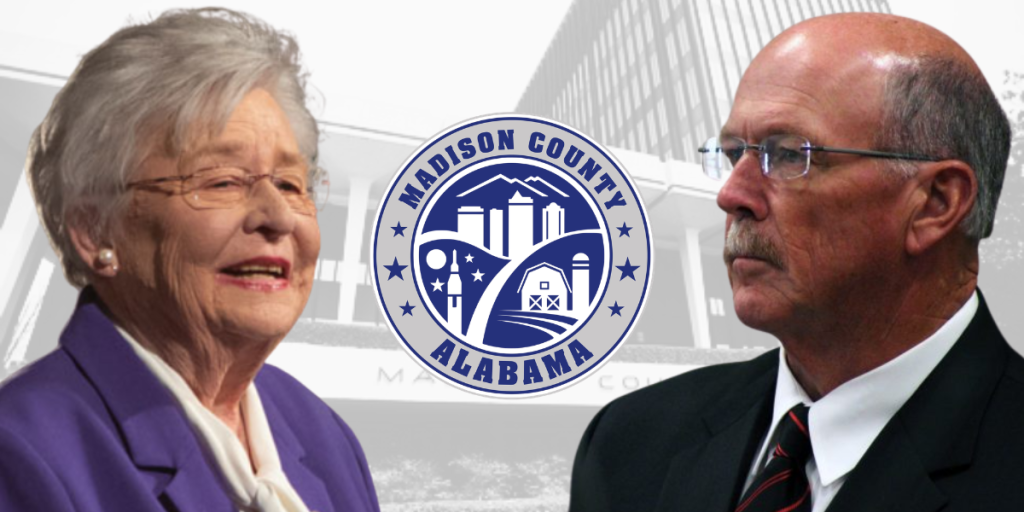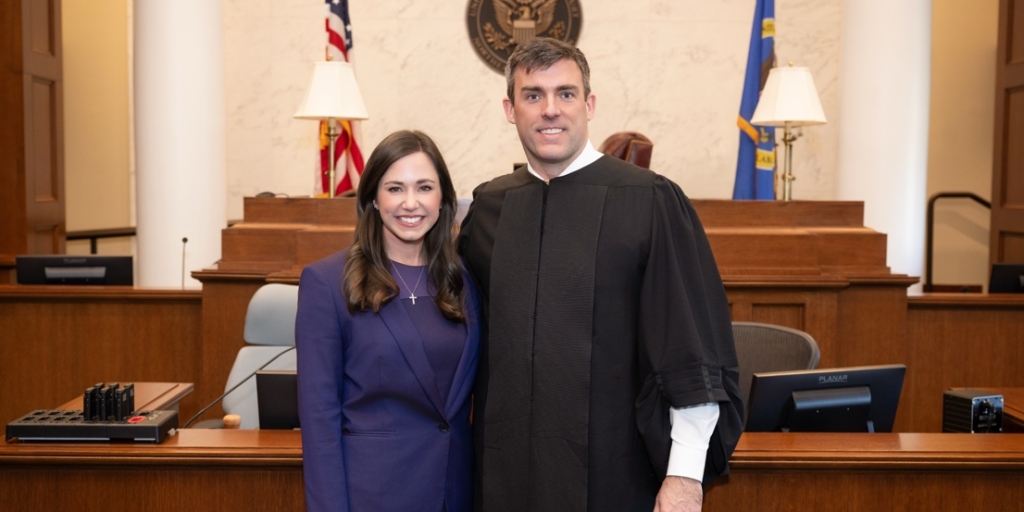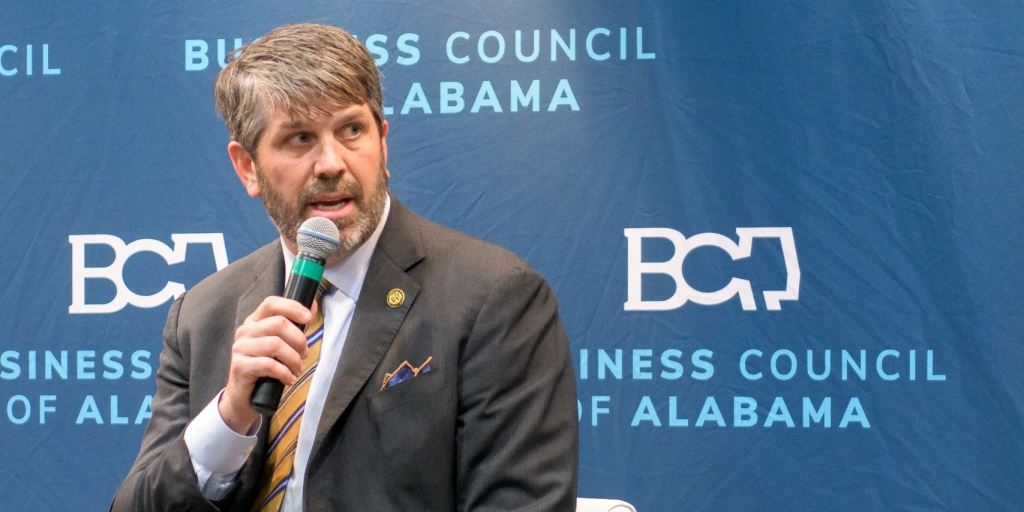
U.S. Rep. Bradley Byrne of Baldwin County achieved his latest in a string of legislative victories Tuesday afternoon as the House passed a pro-jobs, pro-small-business bill he authored.
The Save Local Business Act, which passed 242-181, would roll back an Obama-era regulation issued by the National Labor Relations Board. Byrne had described the regulation as a “vague and expansive joint employer standard,” and said his law would restore the pre-regulation situation that “provides certainty for local businesses and their employees.”
The bill drew praise from the chair of the House Education and Workforce Committee, Virginia Foxx of North Carolina.
“Today’s House vote is a victory for America’s workers and local businesses that need relief from the NLRB’s extreme and unworkable joint employer scheme,” Foxx said. “We want to make it easier, not harder, for hardworking men and women to own a business and achieve the American Dream, and that’s exactly what this commonsense bill is all about. I want to thank Representative Byrne for championing this proposal.”
Specifically, the bill would restore the former, pre-Obama definition of what constitutes a “joint employer” under federal labor law. It sounds like a technicality, but such technicalities can have major consequences.
The Obama rule had expanded the definition of “employer” so that a business can be forced to count workers as “employees” (with all the complicated rules and requirements pertaining to employer-employee relations) even if the worker does not directly work for that business owner.
Under the Obama standard, even if a business owner exercised “control” over an employee that is only “potential” or “indirect,” that owner could be considered a “joint employer” (along with the more direct employer) for purposes of labor law.
The most common example would be in the case of restaurant franchises, which are locally owned businesses. Under the Obama standard, a national burger chain could be on the hook for any mistake made by a local franchise — or, perhaps, vice versa.
Or, in another situation, if a local business contracts with a builder to do construction or repairs, and the builder — not the local business — somehow errs in its treatment of the worker, then the local business could still be named in a complaint or lawsuit.
Bob Omainsky, the owner of Mobile-based Wintzell’s restaurants, explained it in a recent column, saying the Obama rules have the effect of “leaving business owners with little recourse but to buy more expensive and protective insurance and to reevaluate many of their business relationships altogether.”
Result: The businesses have a harder time surviving, and they certainly are likely to hire fewer workers to start with.
Byrne’s bill would restore the old, clearer lines of authority.
Byrne’s bill now goes to the Senate for consideration. It is among a series of legislative victories the Alabama congressman has achieved this year, including a bill that President Trump signed into law in April which overturns a power grab by the Occupational Safety and Health Administration. Other victories include one ensuring that certain maritime-related workers have access to affordable workers compensation coverage, and one protecting Alabama’s share of offshore oil and gas revenues.
Yellowhammer Contributing Editor Quin Hillyer, of Mobile, also is a Contributing Editor for National Review Online, and is the author of Mad Jones, Heretic, a satirical literary novel published in the fall of 2017.












